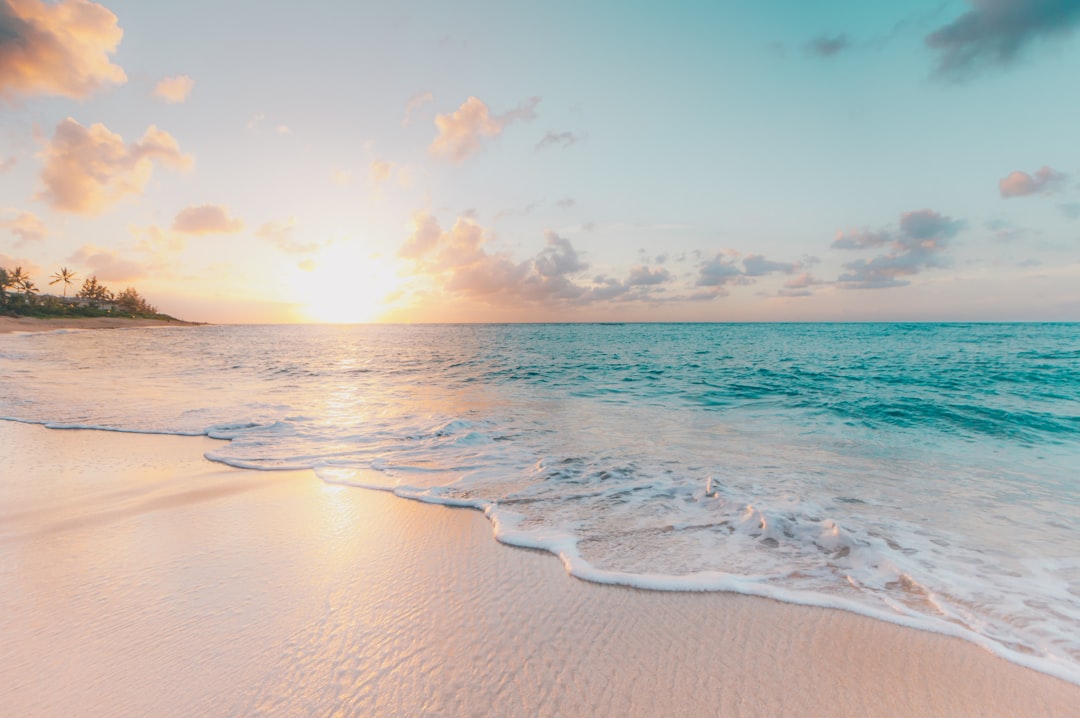
Essential Health and Safety Travel Tips for Every Traveler.
# Introduction. Traveling can be a truly rewarding experience filled with adventure, connection, and exploration. However, it also comes with its share of risks and uncertainties, particularly concerning health and safety. When traversing unfamiliar terrains or engaging in culturally rich environments, travelers must prioritize their well-being. This blog post explores essential health and safety travel tips designed to prepare you for various situations and ensure you have a seamless travel experience. # Research Your Destination's Health Risks. One of the foremost steps you'll want to take in your travel planning process is thorough research about your destination's health risks. Different regions of the world pose unique health threats that could include infectious diseases, environmental hazards, or even altitude sickness in high-altitude destinations. This knowledge empowers you to take proactive measures—such as vaccinations, prophylactic medications, or adjustments in your itinerary if necessary. Websites like the World Health Organization or the Centers for Disease Control and Prevention are excellent resources for travelers to find updates on health risks in specific regions. # Pack Essential Health Supplies. Packing wisely for your travels can save you from unexpected health challenges. Start by preparing a travel health kit that includes essential items like band-aids, antiseptic wipes, pain relievers, any prescribed medications, and allergy remedies. Moreover, ensure that you include insect repellent, sunscreen, and basic first aid essentials like gauze and medical tape. For international travel, it may be beneficial to include travel insurance documents and emergency contact numbers in your kit as well. Having access to these items can greatly mitigate health crises you might encounter. # Practice Food and Water Safety. When traveling to destinations where food and water safety practices may differ from what you're accustomed to, practicing caution is fundamental. Ensure that the water you consume is bottled and sealed, or boiled, especially in countries where tap water is not safe to drink. Likewise, be cautious when indulging in street food or raw foods, as they may lead to foodborne illnesses. Opt for freshly cooked items and ensure the food is from reputable sources. Remember that a little caution can go a long way in preserving your enjoyment of your travels. # Stay Aware of Your Surroundings. Safety begins with awareness. Being conscious of your environment can significantly diminish the risks associated with travel. This vigilance encompasses everything from staying aware of local scams to recognizing unsafe areas to avoid. Creating a mental map of your surroundings can help, as can using GPS or travel apps that show safe routes to take. Always have a backup plan in case you need to navigate unfamiliar areas, and trust your instincts—if something feels off, it's wise to rethink your plans or seek help. # Understand Emergency Protocols. Prior to hitting the road, familiarizing yourself with the emergency protocols in your chosen destination is invaluable. This includes noting the location of the nearest hospitals, understanding how to reach local emergency services, and being aware of any laws related to health emergencies. Such knowledge could potentially save your life in dire situations. Additionally, consider keeping an electronic copy of your passport, travel insurance, and health documents—this way, you can swiftly access critical information when required. # Stay Connected with Loved Ones. Maintaining communication with family and friends back home is not just for sentimental reasons—it serves a practical purpose as well. Keeping loved ones informed about your plans and whereabouts can serve as a safety net; if they notice a disruption in communication, they will have a reason to check on you. Consider setting regular check-in times to keep them in the loop, which can also help alleviate any worries they might have during your travels. # Conclusion. Traveling should be an enriching experience rather than a source of anxiety. By following these essential health and safety tips, you can significantly mitigate risks and enhance your enjoyment. Preparation involves research, packing wisely, practicing food safety, staying aware of your environment, understanding emergency protocols, and maintaining communication with loved ones. Your adventure awaits, so embrace every moment with confidence and peace of mind! .







